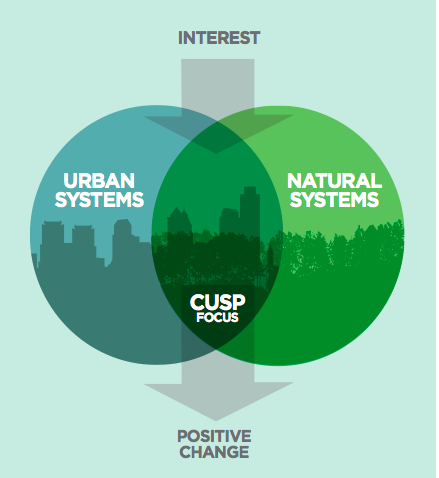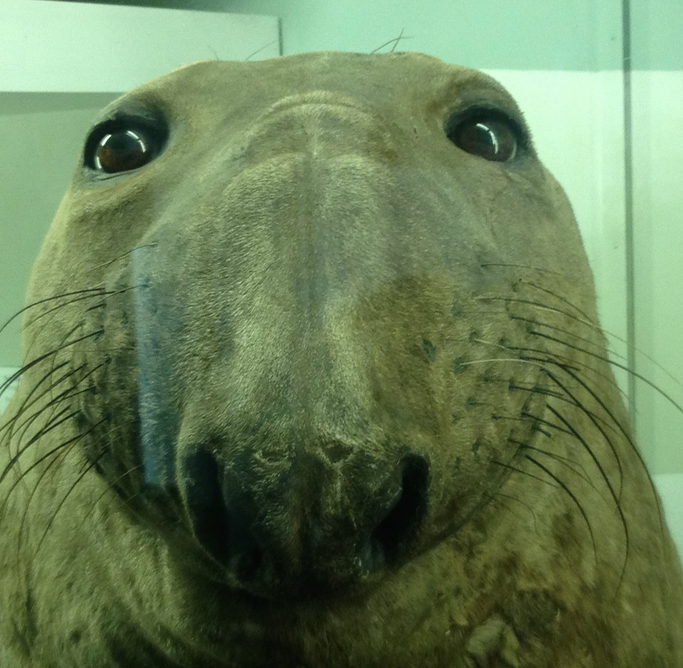
HOME | PEOPLE | PAPERS | PROJECTS | TRAINING
P R O J E C T S

HOME | PEOPLE | PAPERS | PROJECTS | TRAINING
P R O J E C T S
 |
The Center for the Advancement of Informal Science Education (CAISE) works in collaboration with the National Science Foundation (NSF) Advancing Informal STEM Learning (AISL) Program to strengthen and advance the field of professional informal science education and its infrastructure by providing resources for practitioners, researchers, evaluators and STEM-based professionals. CAISE also facilitates discussion, connection and collaboration across the ISE field — including in media (TV, radio, and film), science centers and museums, zoos and aquariums, botanical gardens and nature centers, cyberlearning and gaming, and youth, community, and out of school time programs. |
 |
The Climate Urban Systems Partnership (CUSP) is a group of informal science educators, climate scientists, and learning scientists in four Northeast U.S. cities (Philadelphia, Pittsburgh, New York City, and Washington, DC.), exploring innovative ways to engage city residents in climate change issues. Growing social science research suggests that knowledge-first education efforts are insufficient to engage the general public in climate solutions, and often lead to feelings of helplessness, fear, or guilt. CUSP-themed education is—Local: Addresses climate change issues that are specific to the city; Relevant: focuses on climate change impacts on particular communities, and the available responses to those impacts; Solutions-Focused: Helps city residents understand collective responses to climate change impacts, why those responses are important, and how to become involved in systems-level solutions. |
 |
21st Century Naturalists and Learning in Natural History Settings. UPCLOSE and Carnegie Museum of Natural History have been building a partnership on a project by project basis over the last 10 years. Some projects have been focused on improving exhibit design for family and general audiences. Some projects have been more focused on improving programs, and working with museum educators to develop new and better programs for student audiences. Finally, other projects have been focused on helping the museum increase staff capacity, helping staff to work in new ways with other informal educators or students on joint projects. In addition, UPCLOSE has been helping to develop fieldwide research agendas for 21st Century Natural History Learning. |
Building Informal Science Education (BISE). InformalScience.org is an ongoing project to develop an online community resource by and for the informal learning community. This website provides an information commons where researchers, evaluators, and developers can find all that is currently known about how to conceptualize and assess informal learning in science and in other domains. Building Informal Science Education (BISE) is a project that is working to leverage the field of informal science research and evaluation. Using informalscience.org as a hub, and working with the Science Museum of Minnesota, and the Visitor Studies Association, UPCLOSE is bringing together cross-sector groups of informal science educators (from media, to exhibits, etc), to explore the ways in which we do evaluations of informal science projects. The goal is to create some synthetic vantage points into how we understand informal learning experiences. |
|
 |
The Learning Activation Lab is a collaborative research and design effort to learn and demonstrate how to activate children in ways that ignite persistent engagement in science learning and inquiry. The Activation Lab is conducting research to identify the characteristics of young children that are predictive of successful science learning and future participation in science, as well as to design learning environments that promote such outcomes. |
Children's Museum of Pittsburgh and the MakeShop. Partners since 1997, the Children's Museum of Pittsburgh and UPCLOSE have collaborated on many research and practice projects. Much of our current focus is on making and tinkering, focusing on MakeShop, a space within the museum dedicated to nurturing and furthering informal learning opportunities and research-based understanding at the intersection of the digital and the physical. Focusing on children above age 8 and their families, MakeShop integrates digital tech projects and media access with DIY (Do It Yourself) Maker elements to produce a robust place for exploration, creativity and curiosity. Through these combined elements and our unique partnership, MakeShop extends areas of informal learning for the Museum’s primary audience, both in the Museum and into the community, through the incorporation of old and new technologies and project-based activities in a hands-on workshop environment. |
|
Gigapixel Imaging for Participatory Science Learning. Working with the Carnegie Museum of Natural History, and Carnegie Mellon University, we are building an open access cyberlearning infrastructure to enable creation, exploration, mediation and conversation around ultra high-resolution gigapixel imagery and data simulations. This emerging class of big image, big data visualization technology is a powerful tool for scientific research, science communication and learning. Demonstration projects will draw in part from the scientific research, collections and education programming of the museum and be refined through a formative evaluation process. We will also study whether these experiences change the perceived attitudes and abilities of scientists and museum professionals involved to design more participatory kinds of science learning and public engagement programs. |